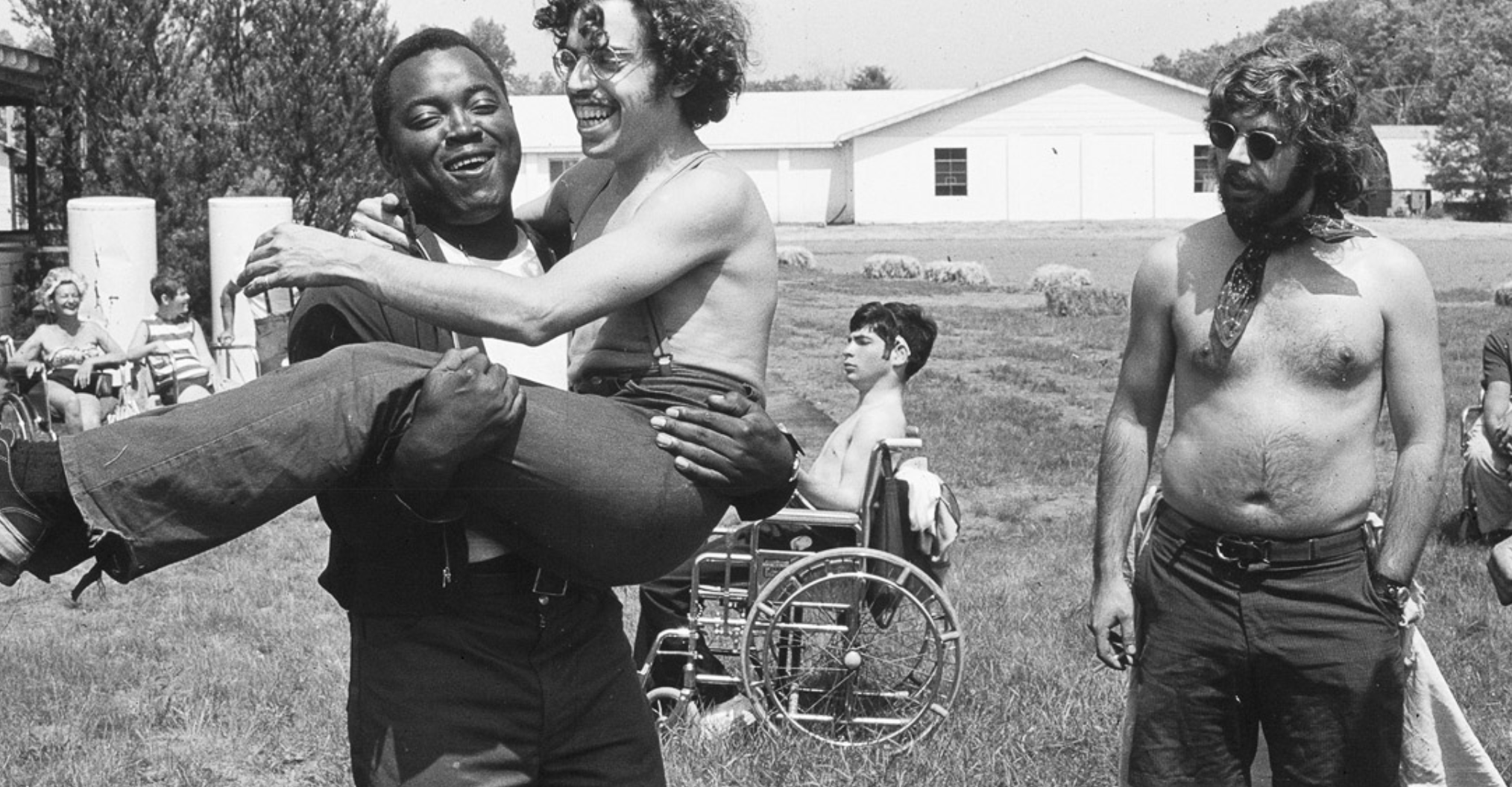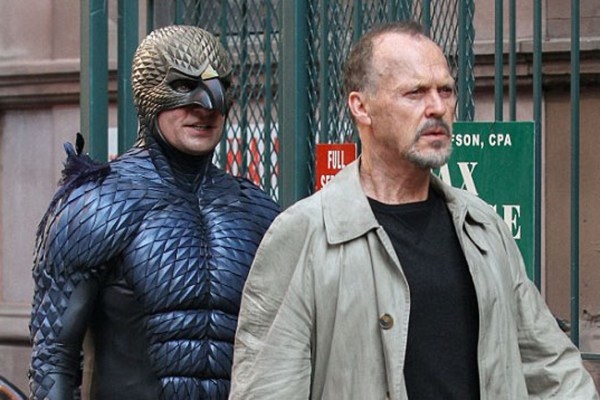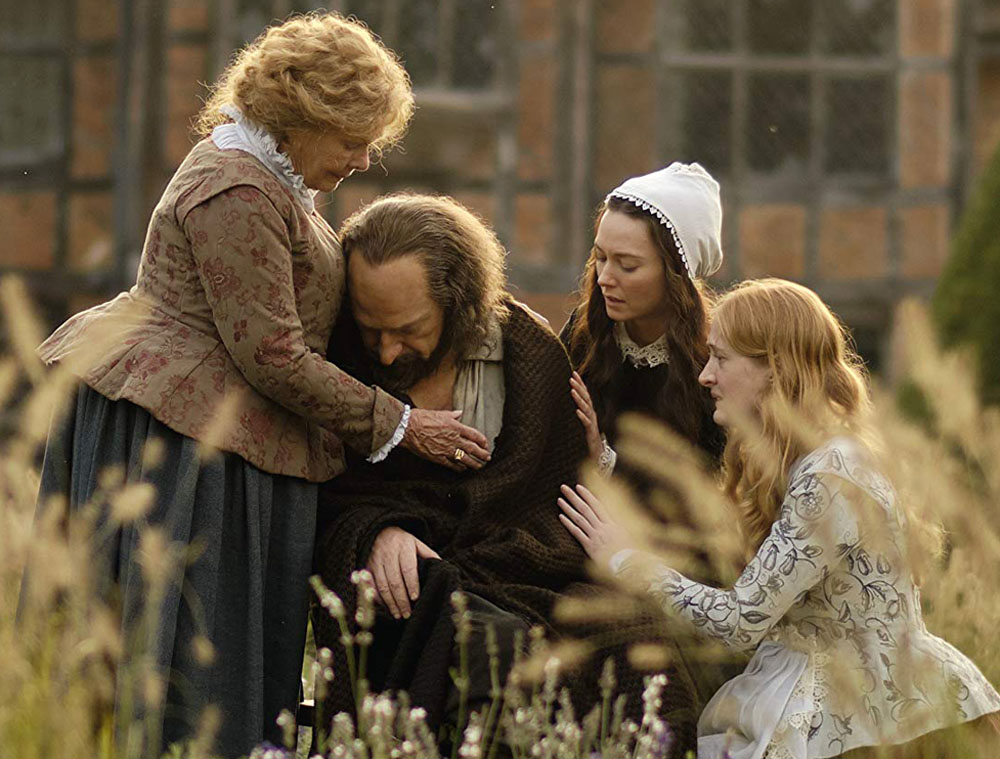
At Sundance Film Festival one of the best documentary films you’ll likely see in 2020 had its premiere. Crip Camp was introduced by festival director John Cooper, who was effusive about the selection of this film as the opener. Though given it will be released by Netflix, one might argue it skirts the definition of an outsider film that can most benefit from the amplification Sundance can offer, there is no question their enthusiasm was warranted.
It’s no exaggeration that the people profiled in the movie, which is co-directed by film mixer and former camper Jim Lebrecht, and Emmy-winning Nicole Newnham, have changed the world. The film documents, using new and archival footage and interviews, how attending a camp for the disabled in the late 60s right up from Woodstock was the inspiration for some of the most important, powerful, determined disability activists, and together, those activists built a road to the essential civil rights laws for the disabled like the ADA.
Co-director Lebrecht was one of the many teens with disabilities that attended Camp Jened, which was essentially the birthplace of all the changes. The film documents the throughway from the camp, where for the first time, kids with disabilities could spend time together where they felt a sense of belonging, and were respected instead of shunned. The campers looked beyond each other’s disabilities to the people they were sharing time with, found self-confidence and strength, and made friendships that lasted a lifetime. Imagine a camp like any other camp, but with people who had never known any other kids like them. In archival footage, kids talk about the the joy of belonging, and the ability to feel capable and seen sexually by other teens, just like everyone else. In fact, there’s a very funny scene at the camp where the kids are laughing about crabs spreading like wildfire through the cabins. Through these experiences, these teens were engaged, and inspired to expect more for themselves, feel equal, and change the world outside the camp to allow them to be seen as equal, whole, and valuable.
After the camp, members went on to commit to activism that challenged how America perceived and treated people with disabilities. The film has archival footage and interviews about the historic 504 Sit-in in 1977, which lasted a grueling 25 days. A number of Camp Jenet former attendees took part, including Judith Heumann, who went on to be an integral part of getting Section 504 of the Rehabilitation Act enforced, through the sit-in protest she spearheaded in San Francisco, and getting the Americans with Disabilities Act passed into law in 1990, which literally changed the world for people with disabilities.
There are many moving moments in Crip Camp, but one in particular that works, because of the way the stories are framed by the filmmakers, is that of a camper who not only speaks with depth as a teen about his desire to express himself, but blossoms over time into someone who lived a life of honestly and fearlessness, as evidenced by his performance captured on film as Frank-N-Furter from Rocky Horror.
Movie lovers outside of Sundance won’t have to wait long to see Crip Camp. It will be streaming on Netflix starting this summer. It’s is absolutely required viewing for anyone who wants to know more about the history of activism for the disabled, and anyone who loves profiles of real-life heroes.
5 out of 5 stars



